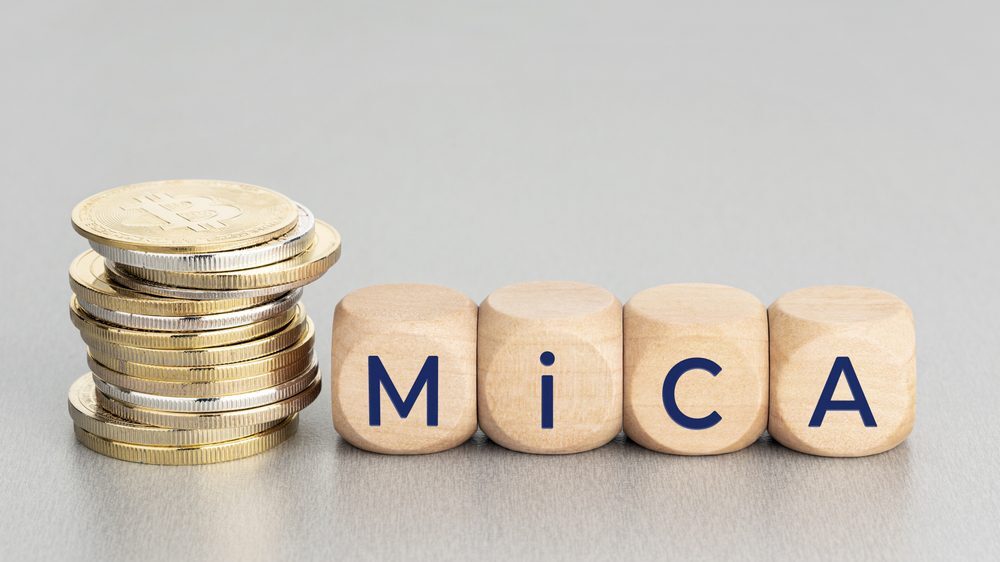
The European Parliament has passed its Markets in Crypto-Assets (MiCA) regulation.
EU news 🇪🇺
— Patrick Hansen (@paddi_hansen) May 31, 2023
MiCA has been officially signed into law today by the European Parliament President Roberta Metsola and Swedish Rural Affairs Minister Peter Kullgren (Sweden holds the presidency of the Council of the EU atm).
Next steps:
1) Publication in the official journal of… pic.twitter.com/qY8QPnEZ9A
Defining a “crypto-asset” as “a digital representation of value or rights which may be transferred and stored electronically, using distributed ledger technology or similar technology,” the new regulation requires that issuers of such assets conform to certain standards, especially criteria pertaining to transparency.
Service providers using crypto-assets, for their part, must register as such and conform to certain security standards, especially criteria pertaining to including to do with the avoidance of money laundering.
The much-publicized Non-Fungible Token (NFT) phenomenon, however, remains unaddressed by MiCA. The same is true of “decentralized finance,” understood as financial services using automated protocols operating outside traditional institutions.
Said MEP Stefan Berger:
This puts the EU at the forefront of the token economy with 10,000 different crypto assets. Consumers will be protected against deception and fraud, and the sector that was damaged by the FTX collapse can regain trust. Consumers will have all the information they need and all underlying risks around crypto-assets will have to be monitored.
As is typical, the EU has spearheaded legislation around technologies whose value it is not a leader in creating.
This does not, however, imply that such regulation was not needed. But it now remains to be seen how it impacts usage and shapes the market.
